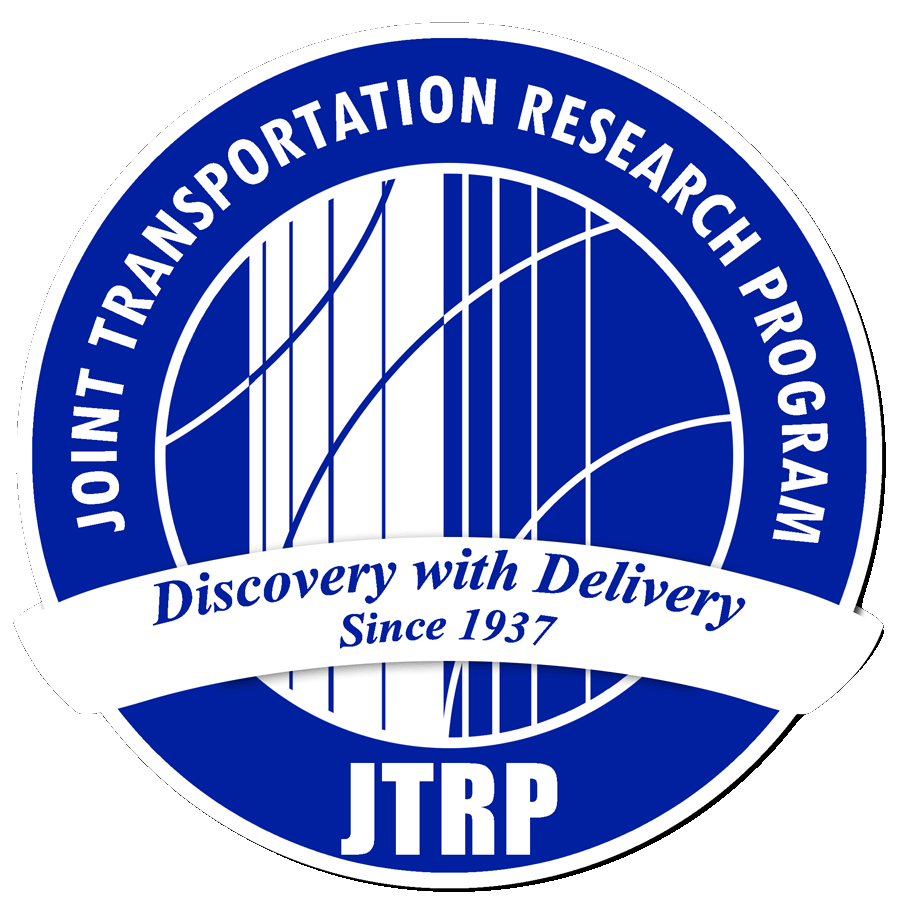Recommended Citation
Cai, J., Gao, Q., Chun, H., & Cai, H. (2019). Pavement acceptance testing: Risk-controlled sampling strategy (Joint Transportation Research Program Publication No. FHWA/IN/JTRP-2019/08). West Lafayette, IN: Purdue University. https://doi.org/10.5703/1288284316918
DOI
10.5703/1288284316918
Abstract
Acceptance testing is a critical aspect of the quality control and quality assurance (QC/QA) program to ensure the reliable long-term performance of pavement. A typical acceptance testing specification includes acceptable quality characteristics (AQCs), testing methods, number of samples, sample locations, and acceptance criteria. In the current practice, Indiana Department of Transportation (INDOT) accepts pavement by sampling and testing materials with a pre-determined, very low frequency at random locations, leading to a significant problem: testing results are not truly “representative” of the project because sampling is neither based on a statistical foundation, nor on the reliability concept.
This study developed a systematic guideline that has addressed the aforementioned problem of material acceptance testing in four aspects: identifying key material properties for testing, selecting sample locations, designing acceptance criteria, and determining optimal sample size. Key material properties that are critical to the pavement long-term performance are identified by comparing with sensitive material properties in MEPDG. A random sampling mechanism was devised based on two spatial indices to control the spatial pattern of samples to minimize the influence from spatial autocorrelation. Risk-based acceptance criteria was proposed based on statistical methods to control the agency’s risk at a desired level given a specific sampling and testing strategy, based on which optimal sample size is determined from a risk perspective. Cost analysis approaches were developed to estimate the total cost of acceptance testing by integrating the risk of making incorrect decision and enable the determination of optimal sample size from a cost perspective. Additionally, quality control chart was exploited as a complementary tool to ensure the consistency of the pavement quality of a project. The results of this study were validated using real data from INDOT projects, and a web tool that incorporates the newly created methods in this study was developed to assist the field pavement QA practice.
Report Number
FHWA/IN/JTRP-2019/08
Keywords
quality assurance, acceptance testing, risk assessment, spatial pattern analysis, optimal sample size, cost analysis, Portland cement concrete pavement, hot mix asphalt pavement, soil compaction
SPR Number
4101
Performing Organization
Joint Transportation Research Program
Sponsoring Organization
Indiana Department of Transportation
Publisher Place
West Lafayette, Indiana
Date of this Version
2019


